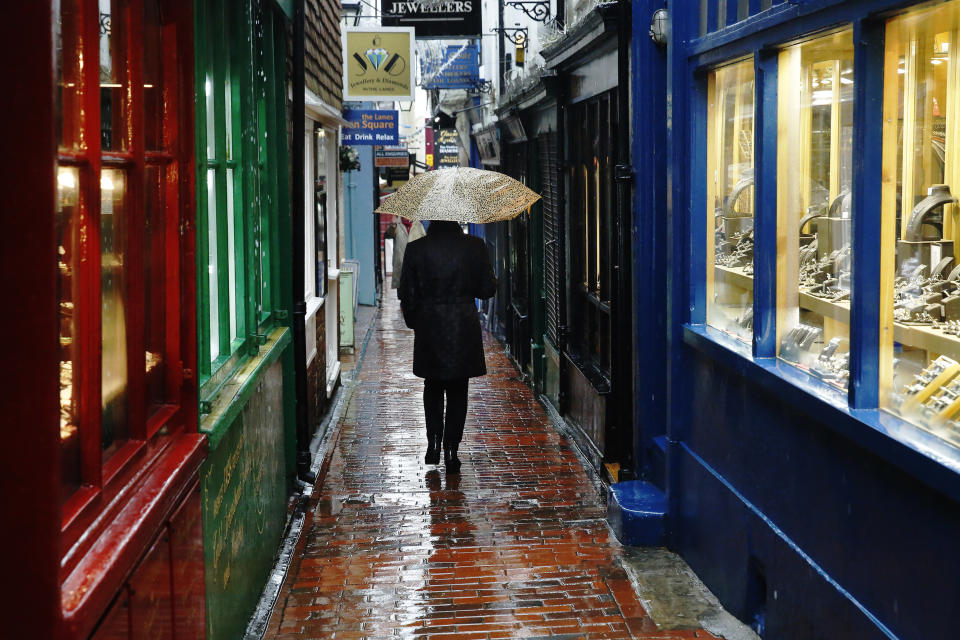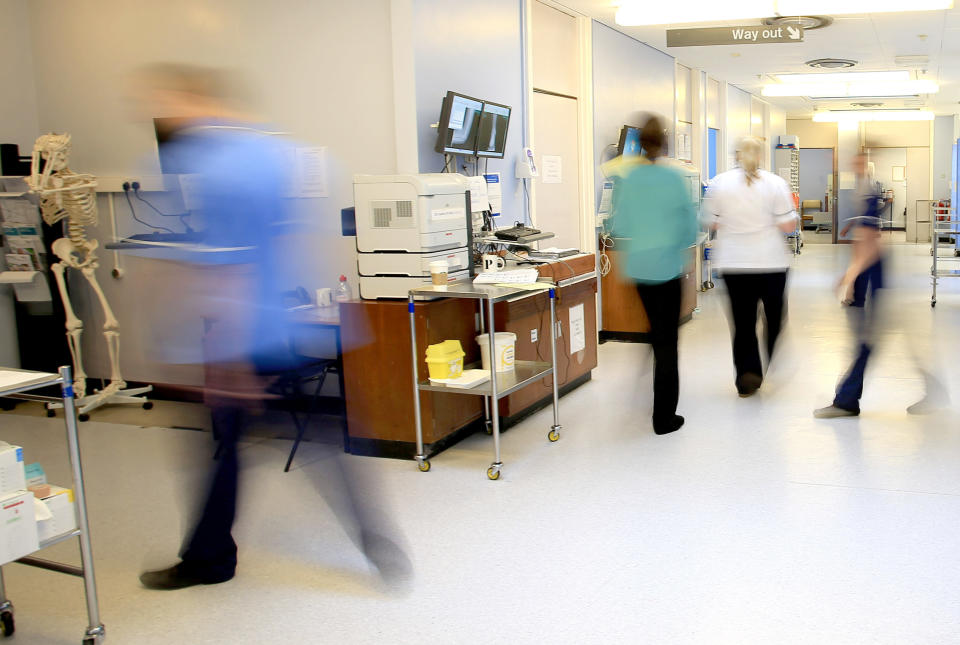Why Britain's record jobs and pay miracle is not what it seems

Britain has witnessed a remarkable period of high employment, with the number of people in work at its highest since the 1970s.
The latest figures from the Office for National Statistics (ONS) show the unemployment holding steady at 3.8%, its lowest rate on record.
Wages have also increased at their fastest rate in more than a decade, data published on Tuesday shows.
But the reality of Britain’s labour market is less rosy and more complex than some of the headline figures suggest.
Half the new jobs are in self-employed, insecure work
Half of the past year’s employment growth has been in self-employment, typically far more insecure and often less well-paid than staff roles, according to the Resolution Foundation.
“One of the big changes in the job market over the past year has been the return of growing self-employment. The number of self-employed workers has increased by 167,000,” the thinktank said.
It is part of a growing trend over the past decade, with increased numbers of young people employed in the gig economy and rising numbers of over-65s continuing to work on a freelance basis.
READ MORE: Employment rate falls as Brexit takes its toll on the UK economy
Becky O’Connor, personal finance specialist at Royal London, said self-employment could sometimes be a “victory for fitting work around life,” but an ONS study last year found the average self-employed worker took home far less money a week than their counterpart in a staff job.
“On the other hand, it’s 1.5 million people who may be earning less, not paying enough into their pension and experiencing cash flow issues that put them at risk of debt,” added O’Connor.
The number of people employed in staff jobs actually dropped by an alarming 85,000 people in the three months to May.
That fall is the biggest drop in employee numbers since November 2011. The overall employment rate also fell by 0.1%, despite a small rise in absolute numbers as the population grew faster.
But the ONS is keen to point out the number of people on zero-hour contracts or working just a few hours a week remains tiny as a proportion of overall jobs, amid fears it could be distorting employment figures.
The headline employment rate fell slightly in the three months to May to 76.0%. This is the first quarterly decrease since Jun-Aug 2018, though the employment rate is close to its highest level since the War. pic.twitter.com/EJC7VXGegw
— ResolutionFoundation (@resfoundation) July 16, 2019
Incomes are still £5 lower than a decade ago
Pay may be on the rise and increasing faster than inflation now, but earnings are still scarred by the financial crisis and Britain’s weak recovery in the years since.
As the Resolution Foundation thinktank tweeted today: “Recent good news has not changed the long-term picture of a decade of poor pay growth: real weekly earnings are still £5 below the pre-crisis peak.”
READ MORE: Wages are rising at their fastest rate in a decade
ONS officials admitted in May the economy “has not exactly been booming for everyone.”
It said wage growth was “quite slow” by historical standards, perhaps reflecting a shift in the balance of power from employees to employers in recent decades or Britain’s increasingly poor record improving productivity.
The majority of people in poverty in Britain in recent years have been in work rather than unemployed, with employment failing to guarantee decent incomes.
Brexit is limiting pay growth – and no-deal could ruin the party

“With unemployment so low, salaries could be even higher,” said Tej Parikh, chief economist at the Institute of Directors.
The ONS has previously noted “it would be expected that labour shortages would put pressure on wages to increase,” with employers usually forced to pay more to attract or keep increasingly scarce talent.
There is some evidence of this effect, but the ONS said “uncertainty in the economy may be reducing the impact of such pressure.”
Several economists suggest workers’ nerves about the future could be stopping them switching jobs or demanding higher pay.
Business groups also say Brexit uncertainty is deterring long-term investment in equipment, technology or training that could boost productivity and free up cash for pay rises.
READ MORE: House prices slide in the UK for the first time this year
There is widespread scepticism among economists about how long increases can continue, with growing signs of economic slowdown in Britain and across the globe.
The shadow of a no-deal Brexit looms particularly large over wage growth and employment levels, reflected in the pound’s muted reaction to the latest seemingly positive figures.
Some sectors like retail and parts of manufacturing have seen heavy, high-profile job losses in the past year alone, while recent figures show many industries performing at their worst levels in years.
Many economists have predicted both pay and jobs could suffer a catastrophic hit if a Boris Johnson government leads Britain out of the EU without a deal.

 Yahoo Finance
Yahoo Finance 